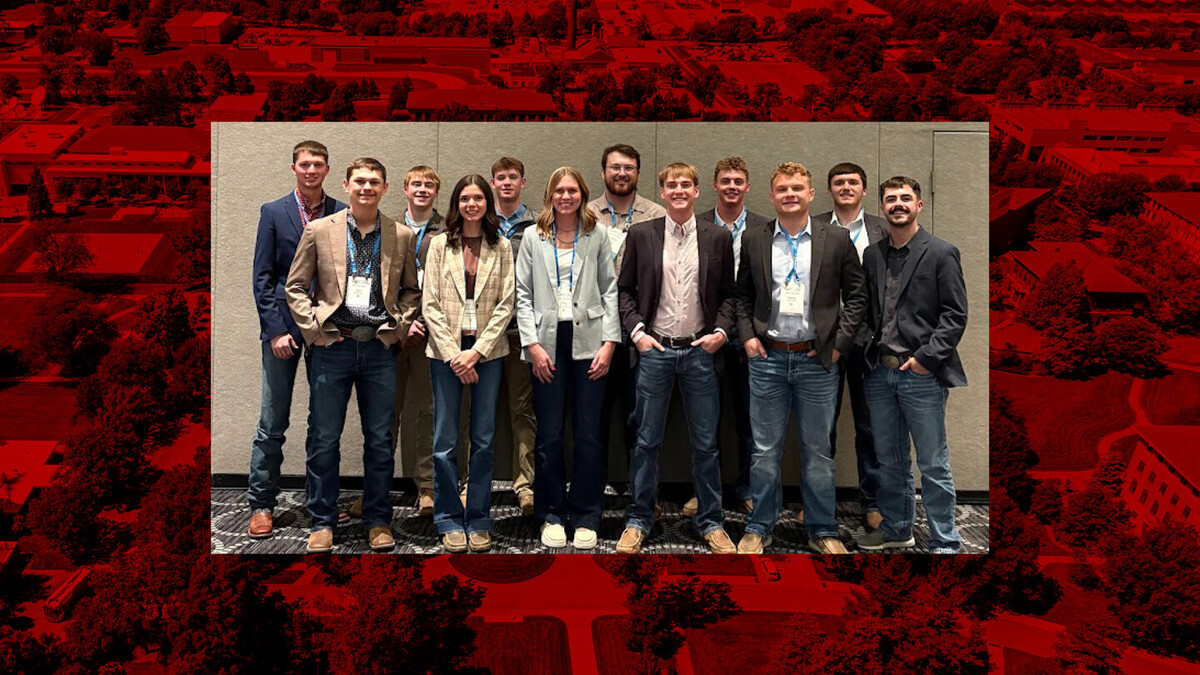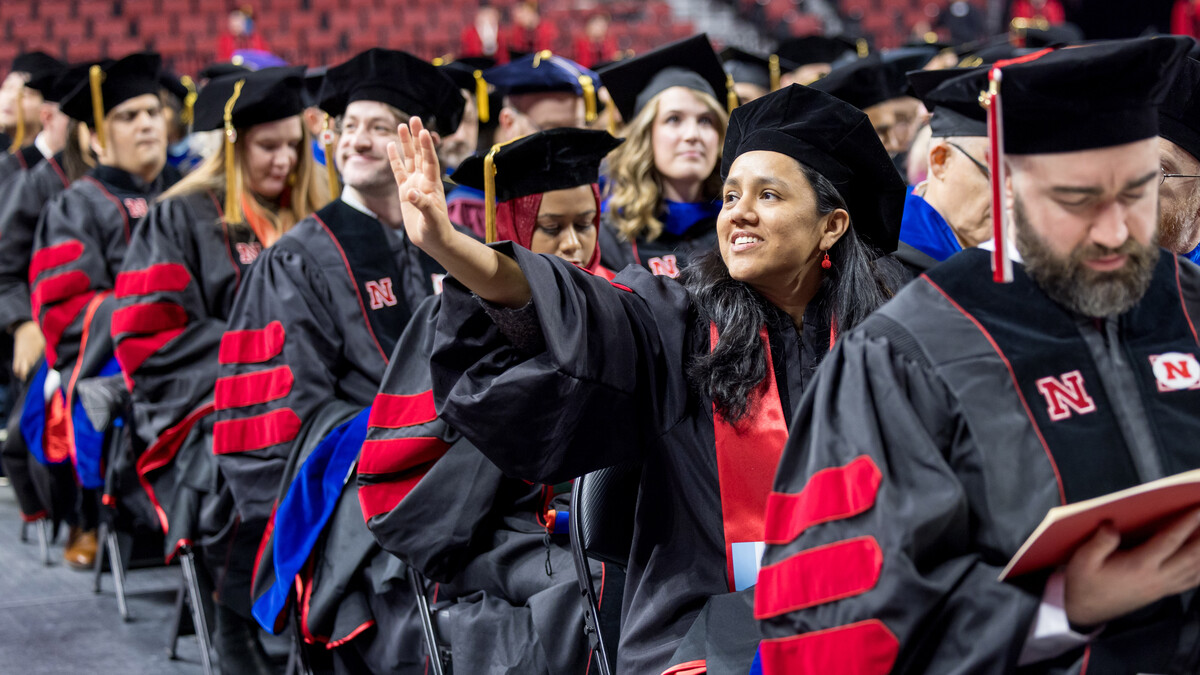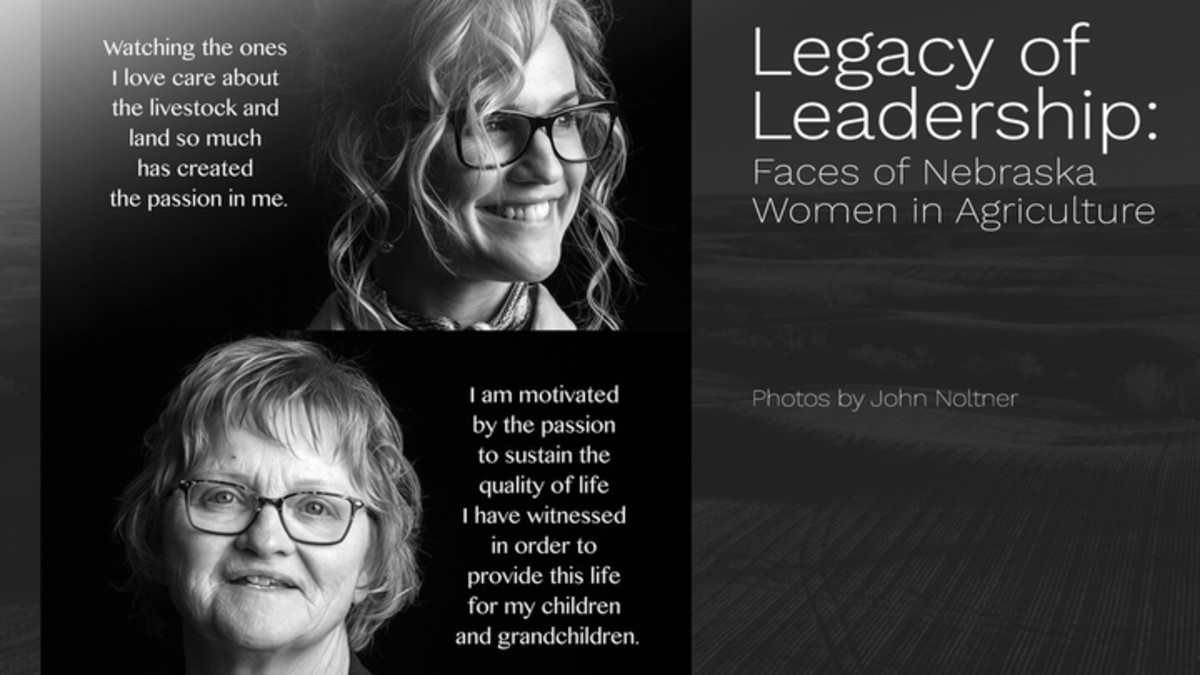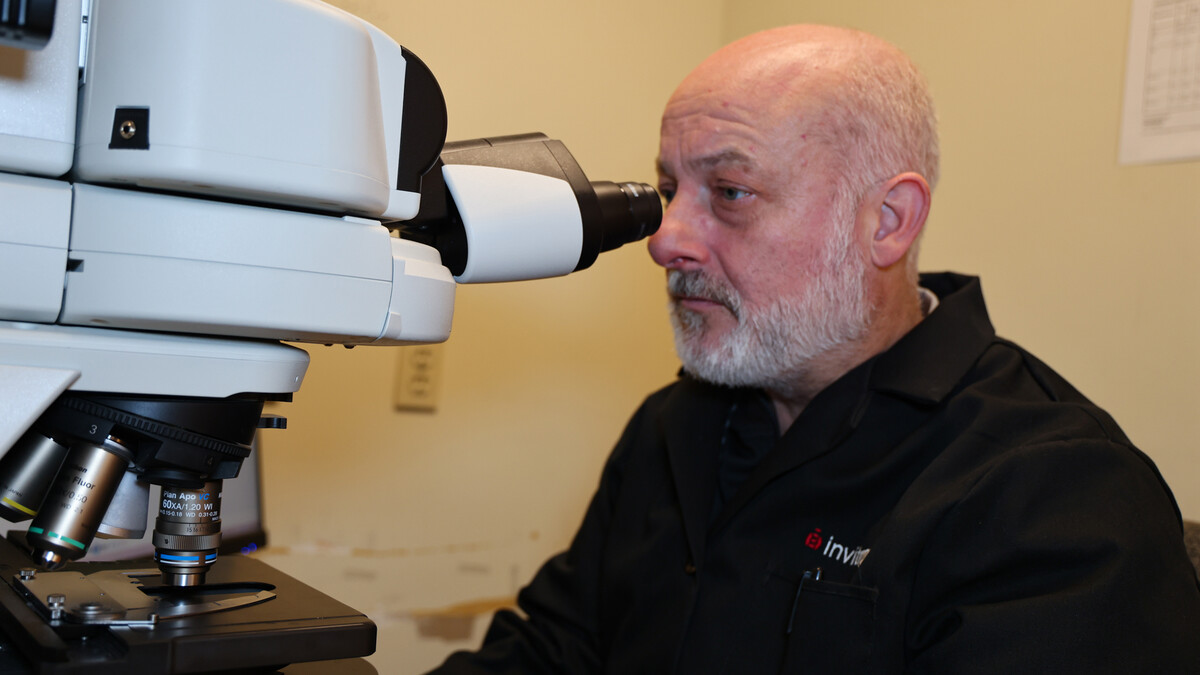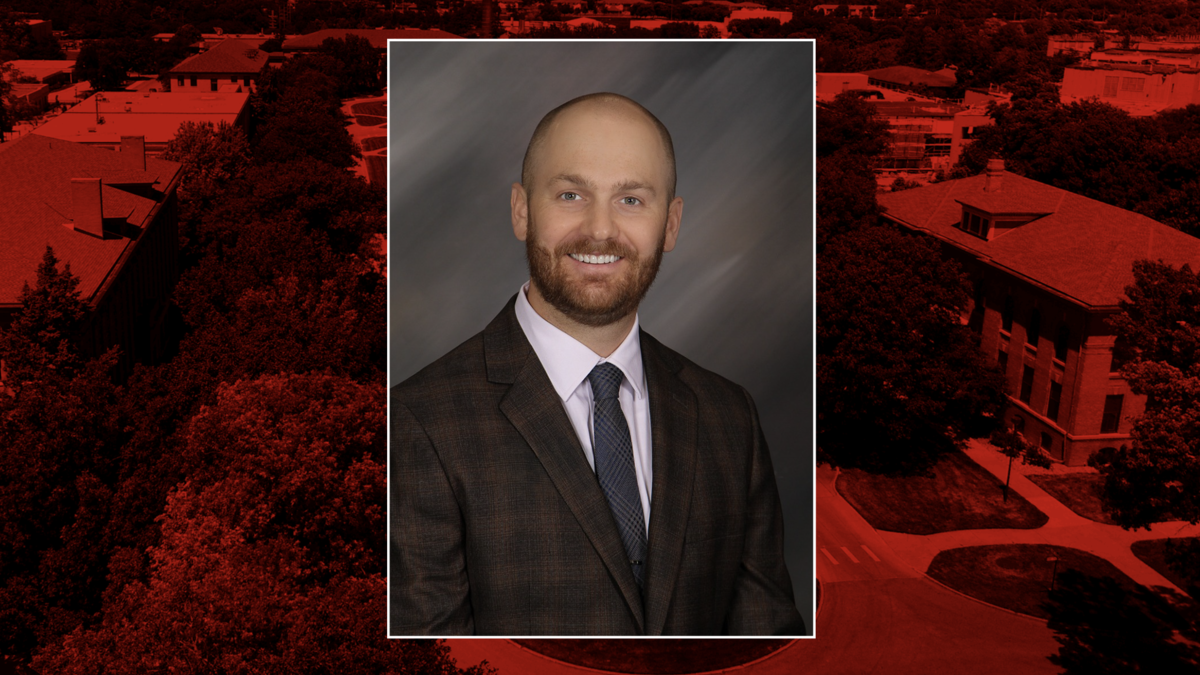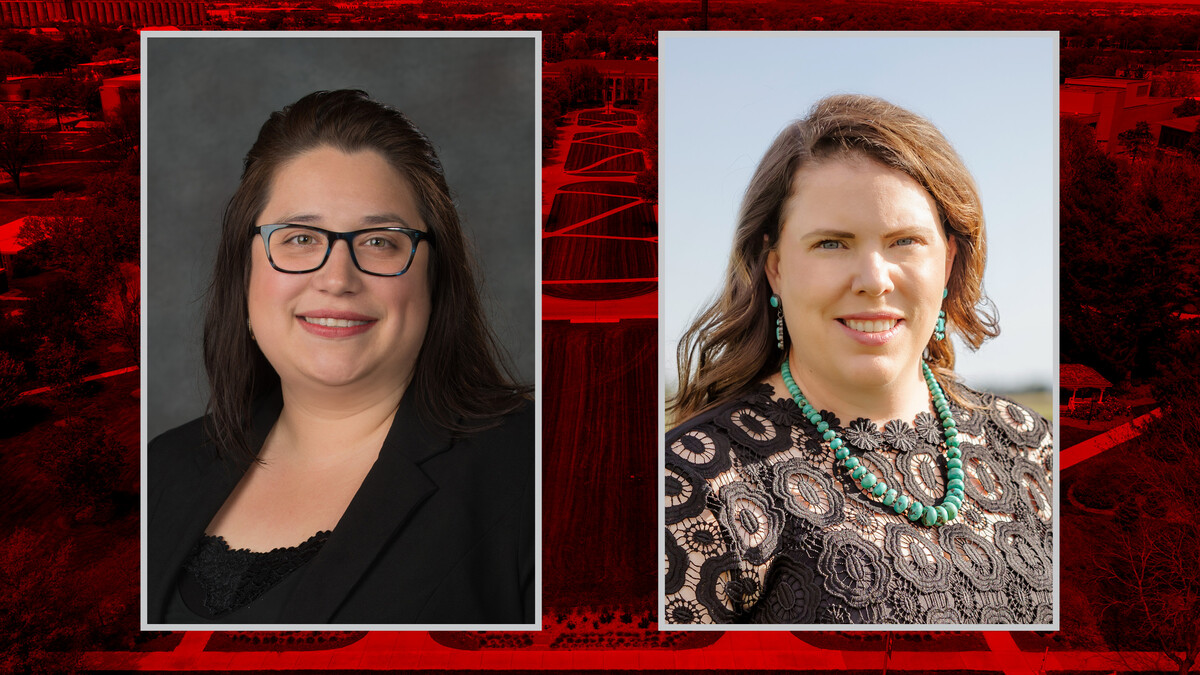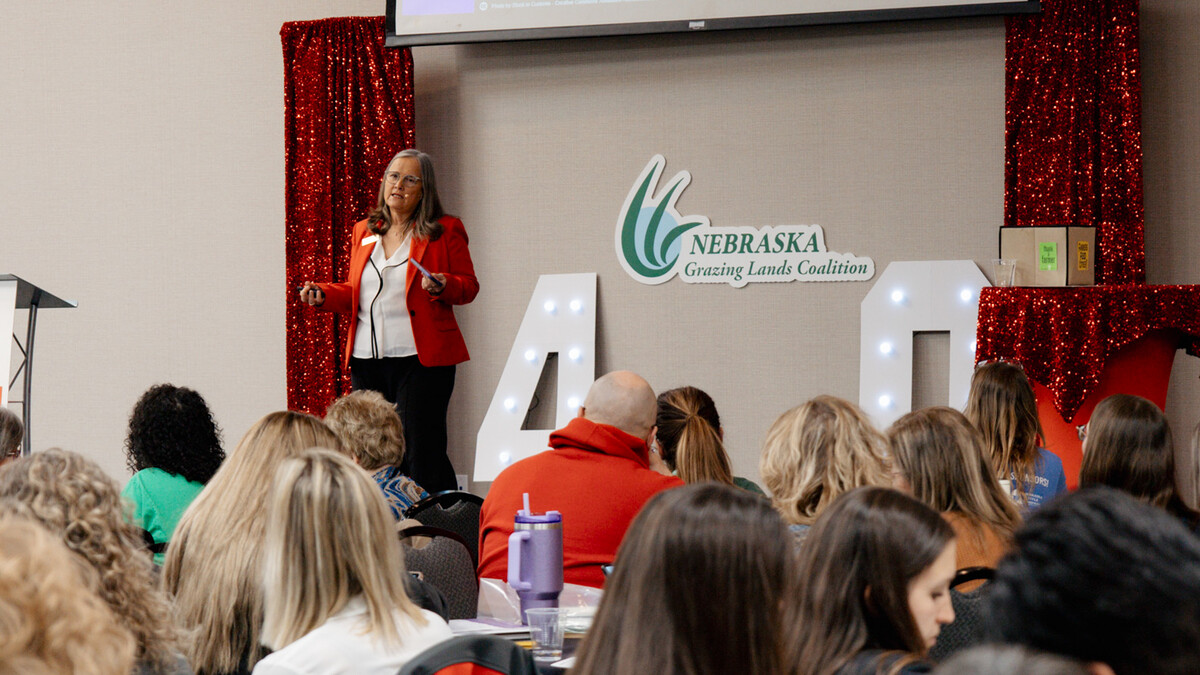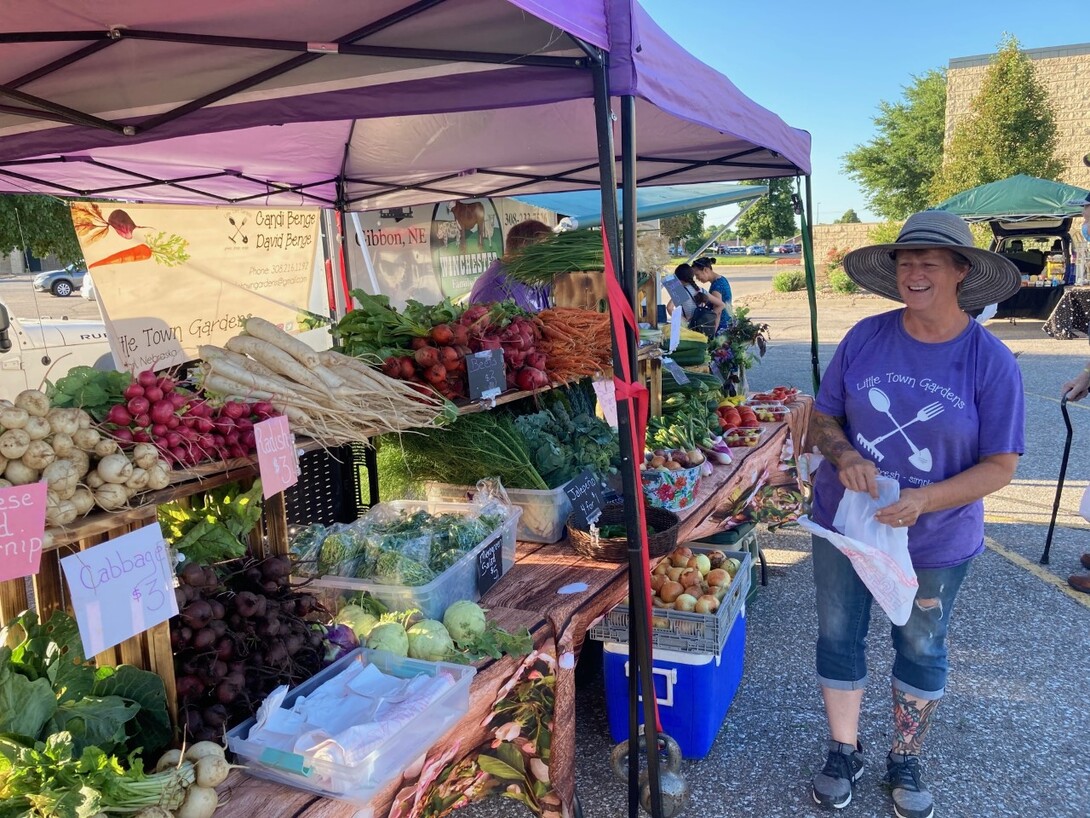
Lincoln, Neb. —Buy Fresh Buy Local Nebraska and Nebraska Extension join others across the country in celebrating National Farmers’ Market Week from Aug. 1-7, 2021 with the launch of a new tool to make it easy for Nebraskans to find nearby farmers’ markets.
A new interactive map found online at gotogrow.org, allows Nebraskans to find details on farmers markets in communities all across the state. This website was developed from a USDA Farmers Market Promotion Program grant awarded to Nebraska Extension, in collaboration with Buy Fresh Buy Local Nebraska and the Center for Rural Affairs. A Spanish-language version website is available at vamosapoyar.org.
In the midst of a global pandemic, farmers markets — like all other small businesses — have innovated to stay open for the farmers and consumers that depend on them. Market managers have adapted rapidly to protect staff, customers and community. When conventional food supply chains had difficulties adapting at the start of the pandemic, farmers markets and local food systems clearly displayed the resiliency of short supply chains, and interest in local foods spiked nationwide. Now, farmers markets are headed into another year of building resilience in our communities and bringing people together.
“The COVID-19 crisis has highlighted that we need to shorten the food supply chain,” said Terri Mazza, owner of Food 4 Hope, a farmers’ market vendor near Beatrice. “When people buy at a farmers’ market, they have a reliable source of food. They know where their food is coming from, and they know they are getting it fresh.”
National Farmers Market Week is an annual celebration of farmers markets coordinated by the Farmers Market Coalition. This year’s campaign is centered around the essential role that farmers markets play in our local food systems.
In 2020, Nebraska markets pivoted rapidly to ensure that markets would stay open to the public by increasing online sales, adding safety precautions into their operations and eliminating non-essential activities like music and kids’ events. Those efforts, coupled with decreased attendance in 2020, have had a significant impact on Nebraska markets. Nationally, the pandemic strained farmers market organizations to keep markets open; 93% of markets reported added costs to operate while 74% reported decreased income.
In 2021 Nebraskans all over the state can support their farmers’ markets by grabbing their shopping bags and heading to the nearest market. Nebraska’s 99 registered Farmers’ Markets provide access to healthy, locally-produced food no matter where you are.
Markets increase their reach by accepting SNAP payments, as well as Senior Farmers Market Nutrition Program checks. These and other initiatives ensure that more Nebraskans can benefit from local food. In 2021 the Kearney Area Farmers’ Market became one of the few farmers’ markets in the state to become authorized to accept SNAP payments from shoppers.
Created in 2019, the Nebraska Go to Grow/Vamos Apoyar project provides training, technical assistance and marketing to rural farmers’ markets across the state, while also supporting local producers who rely on farmers’ markets to sell their products. The Go to Grow/Vamos Apoyar team is also working with markets across Nebraska to increase access to Spanish speaking consumers, through translated signage and targeted outreach in local communities.
Farmers’ markets are an essential part of our state. They are spaces where food access, economic opportunities, community pride and health come together every week of the market season. Find your market, and go to grow Nebraska farmers markets by visiting gotogrow.org or vamosapoyar.org
Buy Fresh Buy Local Nebraska has been connecting consumers to locally grown food for 16 years. Its mission is to increase the demand of local food in the state, resulting in stable, thriving, direct-market farms, ranches and local food businesses. BFBLN accomplishes their mission through educational and promotional projects and resources. We are proud to be a program of the Nebraska Cooperative Development Center, and the Agricultural Economics Department at the University of Nebraska-Lincoln.

